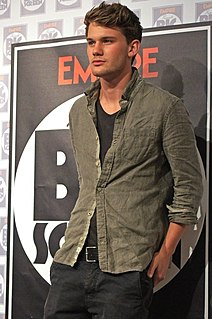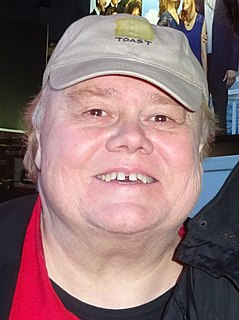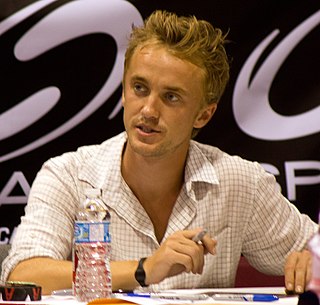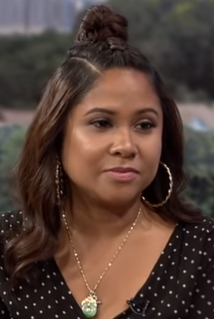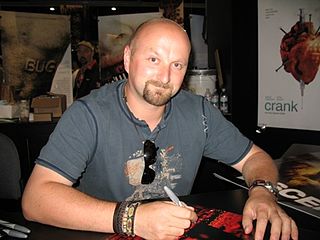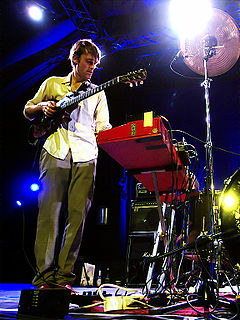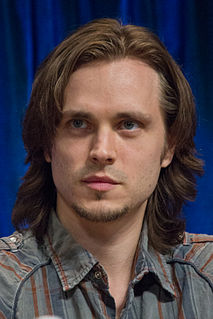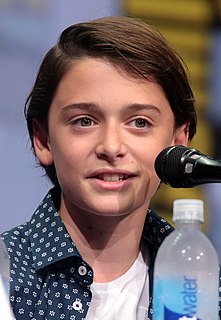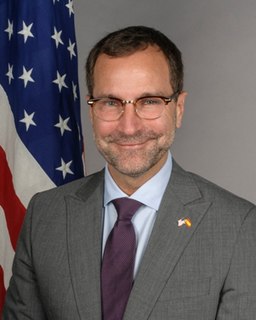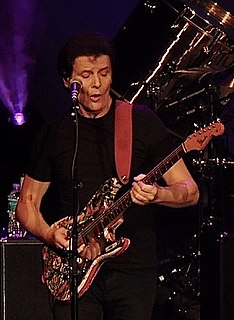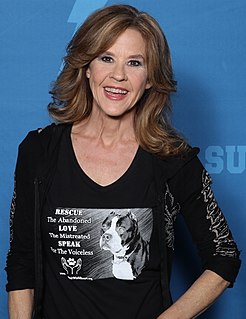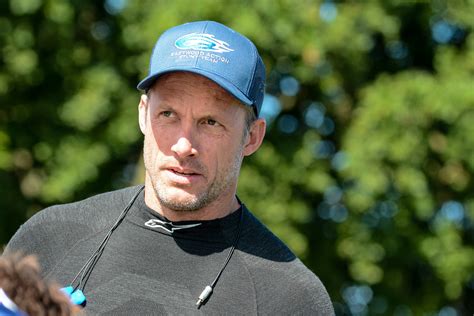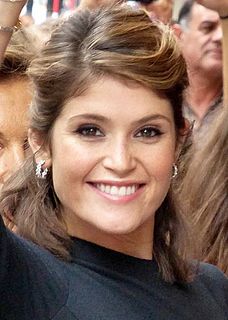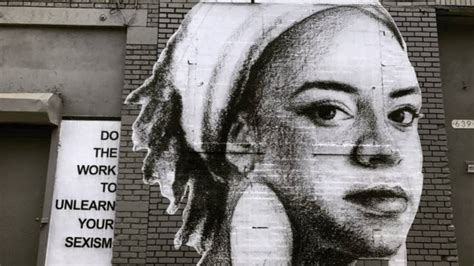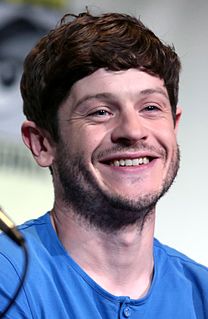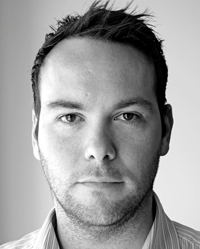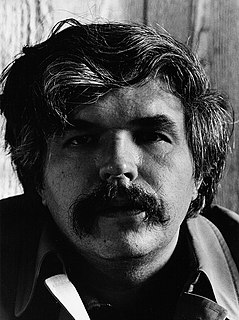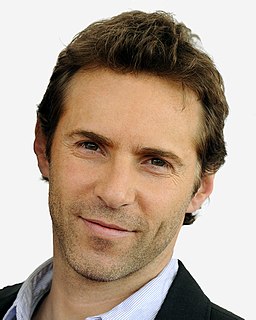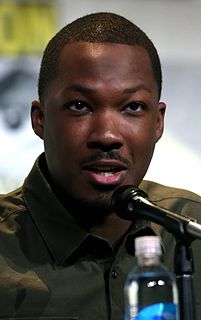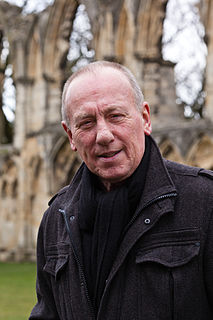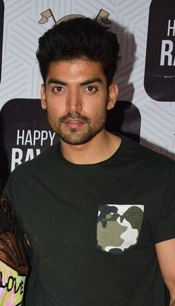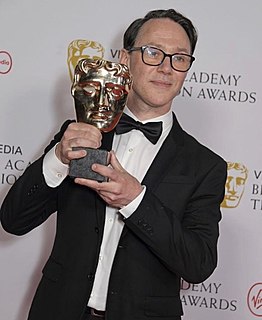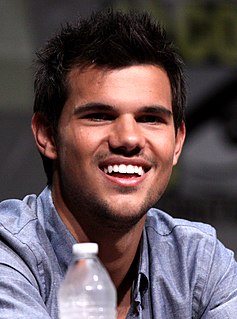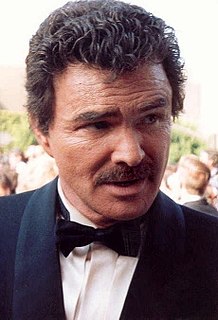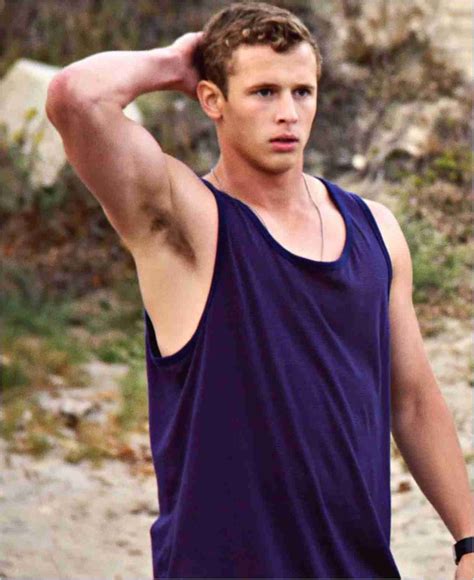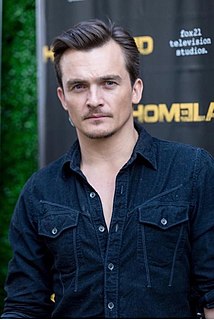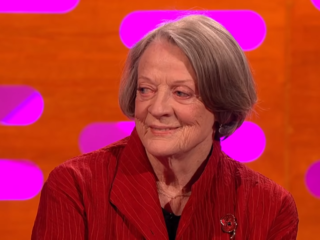Top 850 Filming Quotes & Sayings - Page 14
Explore popular Filming quotes.
Last updated on December 23, 2024.
When you do a play, you have the kind of nightly feeling of accomplishment. But you also have the daily dread of the doing it every night. And because you're doing the whole thing every day, it's like climbing up the mountain every single night. With a movie it's like climbing the mountain very slowly, over months of filming.
The Railway Man was a particularly intense and immersive experience. I definitely got carried away. I lost about 35 pounds. I really was incredibly skinny and also quite unwell while we were filming. It wasn't very healthy. I don't recommend it. But then also doing the torture scenes, the water boarding stuff, there wasn't really any other way just to do it really.
Filming in Cloak & Dagger I was trying to get my Screen Actors Guild card. Everybody tries to get their SAG card if they want to be an actor. People might say that it was their dream to be an actor, but for me, I was a comedian. I already had a job. But I felt like there could be money there, and comedians don't make very much money, or they didn't in 1984.
There is an advantage in having a routine and working with the same people when you can and in writing as a regular thing and filming as a regular thing. That routine pays off for you. You get a lot of productivity that way, rather than sitting around waiting for inspiration and waiting for the perfect thing to happen. I would be much less productive that way.
I really tried out for the part of Harry Potter, but they ended up picking me for the part of the enemy of Harry. Actually it is really fun playing the bad kid because it just has so many interesting qualities to it. And Daniel Radcliffe and I get along really well off set so it's really fun filming.
Otherwise you have to repeat a lot when you're filming. And I've seen the film and it's in a border town in Mexico close to the border with the United States, so of course you have a lot of traffic and noise and dogs barking right nearby, and for that you have to repeat a lot and Robert Rodriguez didn't do that. Smart, smart, smart, you better have smarts also.
At that age, filming Harry Potter, I never contemplated. I just went in there and did my acting. I never thought, "What's the character actually feeling here? What's he trying to get across?" And never looked at it from that classically trained actor's point of view. And so when Jason Isaacs started throwing up these ideas, I thought, "Whoa. What an interesting way to look at acting." Which is why, again, I would do theater.
I do like working on independent films where it is a smaller budget and less pressure. The pace is also quicker than that of a big budget film. You are shooting at a fairly fast pace. Sitting around for three or four days can be quite draining. So I guess in terms of film or television, I would say filming an independent feature.
I met [Gilda Radner] on the first night of filming ... Hanky Panky that Sidney Poitier was directing. And it's funny, I was in costume and makeup - my tuxedo and makeup because I'd done a few shots before she arrived, and she told me later that she cried all the way in, in the car, because she knew that she was going to fall in love with me and want to get married.
When we first started 'The Breakfast Club,' we wanted to have a video person dedicated to filming our interviews and sending out content. I think having video clips that could go viral, or get picked up by media outlets, helped us get syndicated, because people in other cities were familiar with us from having seen our videos.
I did meet Steve Wozniak on several occasions leading up to the filming of the movie. It wasn’t really written how he is. So the second I met him, it almost was a relief, because I was like, "OK, good, the real Steve Wozniak is like one of the least confrontational people you would ever meet in your entire life."
It's like that Simpsons joke - they're filming a cow in a movie and they go, 'OK, we'll tape a bunch of cats together to make a cow', and it's like, 'Why don't you just use a cow?'. For some reason that is novel - like, 'Oh, my guitar sounds like a piano and now if I can just get my piano to sound like my guitar'.
Yeah... I like films, I like movies, I like playing different characters and working with different actors and filming in different places. I like movies because it's kind of a combination of every art: it's like, it's picture, it's story, it's music, it's kind of like a clash and a collide of every art. It's really neat.
Just filming Season 1 was different because I had to fly back and forth, in and out. I remember the show was just so relaxed because no one knew what the show was; we used the words 'Stranger Things' on all the sides, and all the cast names. Then in Season 2, you used code names for everything, and they just had to up the security.
The Canary Islands offer special incentives to companies looking at potential filming locations, so it was only logical for me to help the local government make connections with major U.S. film studios like Universal, Fox, Sony, Disney, Paramount, Time Warner, 21st Century Fox, CBS, Viacom, Comcast, HBO, Netflix, Warner Brothers etc.
I'm happy to say that I have not been fired off a film. The score is usually the last thing to be done. So a lot lands on the scores shoulders. A lot of problems that seem to have nothing to do with the music gets blamed on the music , because it's relatively cheap to change, where as a reshoot etc is not. Music is often expected to help or fix bad cuts, bad acting, bad filming, bad timing, you name it.
Warner Brothers had to hire [a stunt double] and no one thought a child could do this. Billy Friedkin came to me before we were filming [The Exorcist] and said "if you do not do all of this film, the film will be a joke." It's why they stripped the makeup down to the bare minimum, a piece on my chin, piece across my mouth that disfigured my mouth. You have scars here. Take away my eyebrows. It was my real hair. Shampoo was put in it that dried.
The worst thing that can happen is when you have gone weeks and months into elaborate sequences and the storyline of the film changes and you find out they don't need it. Sometimes you don't shoot those sequences, or they have been shot and then get edited out of the sequence you've shot gets changed and needs to be redone. That can be hard. It's not heartbreaking, but you do tend to think, "Och, all that work and effort." But that's filming, you know? You put all of these modular things into the pot, and sometimes they don't all get used.
I was approached by Avon which took me by surprise, cause I thought "why me?" I thought it would be Olga, but they wanted me to be the face of their fragrance and since filming Bond I have recorded an ad that looks great and obviously the stills. It's brilliant because I never thought I would get to do anything like that and it is a lovely opportunity.
Best ever was filming in Barcelona last year, and I had a couple of scenes with De Niro. He's a very shy man. Speaks so quietly that people tend to bend down and adopt the same tone, almost the same voice, whenever they talk to him - watching, you'd think someone's offering to carry out a hit for him when they're just offering him a cup of coffee.
I think it's very important to get this stuff on film, not just the behind-the-scenes of the process, but also the interviews with the women. We're going to try to do some on-the-street filming, getting people's reactions to the work, and seeing if we can get some street harassment happening on film so people can see what we're talking about. It's important to have some type of documentation so people can see what happens when we create this artwork and why I'm creating it.
I'd done two years on a soap opera where I was shooting things every day and they gave me a hard time about that, which I think is the wrong way to teach a young actor. They just made me really, really self-conscious about everything I did, which is the opposite of what you need to be when you're filming.
If you've got a great crew it's intense, but its quite short. 'The Elephant Man' was longer than most, for an independent film. That was a 14 week film. But it was because of the intrinsic difficulties. We had to invent a different way of filming, because the makeup was so long. A working day for me with a full makeup on was nineteen hours. So obviously you couldn't do that twice running.
I remember a long, long day of filming and it took forever to get Kirk Douglas up on his cross. We played a terrible joke on him when, as he was safely installed, the assistant director called lunch and left him up there. He could have had the lot of us fired but he was very good about it. You have to have a sense of humor in this industry.
My hats off to anybody filming action, because you get beat up. If I'm going to get the crap kicked out of me, I would love 15,000 people on hand to tell me that I'm doing good or I'm doing bad. So, if I'm going to be in any physical duress, I'd really like it to be in a WWE ring, which is why I was so amped to be a part of 'Trainwreck.'
The first time I remember women reacting to me was when we were filming Hud in Texas. Women were literally trying to climb through the transoms at the motel where I stayed. At first, it's flattering to the ego. At first. Then you realize that they're mixing me up with the roles I play - characters created by writers who have nothing to do with who I am.
I've never been funny. I don't think I'm funny. People say I'm funny. I go, 'No. No. I'm not.' But again, knowing what it means to film on a TV show and on film, you have to repeat, repeat, repeat. You have to do the same thing a number of times if you're filming a sequence. And to carry that energy in a comedic mode, would be a challenge that I really would frightfully scared, but I'd have to buck up and pull up my bootstraps and say, 'I can do this. Let's figure it out.'
After wishing for years to be given-the-opportunity of filming some of the more 'mystical' occupations of our Times - some of the more obscure Public Figures which the average imagination turns into 'bogeymen'... viz.: Policemen, Doctors, Soldiers, Politicians, etc.: - I was at last permitted to ride in a Pittsburgh police car, camera in hand, the final several days of September 1970.
I actually had another motivation for letting Steven [Sebring] film us. After I'd been out of the public eye for 16 years, lost my friends and lost my husband, some of my confidence had been undermined. Steven made the process of filming fun; I could pretend that we were in something like Don't Look Back.
Barry Levinson is such a deceptive director, because he seems really lackadaisical. I'd never worked with him before, and I almost got the impression that he didn't really care that much because he was so laid-back. Sometimes we'd finish filming hours before the day was over, which is just unthinkable in any other film experience I've had. I couldn't believe that Barry had the passion for it.
I have nothing but gratitude for the people who made the film. It was a most unusual experience. I'm no judge, and the only film I've ever seen made was Mockingbird, but there seemed to be an aura of good feeling on the set. I went out and looked at them filming a little of it, and there seemed to be such a general kindness, perhaps even respect, for the material they were working with. I was delighted, touched, happy, and exceedingly grateful.
I thought about how to film something, how to take pictures of it and how to mix it all together. And I was getting that through Patti [Smith] - because she takes pictures, performs, writes; she does so many things, and that was a big inspiration to me. It helped me realized that I'm not just a fashion photographer. I wanted to do all these other artistic things as well, and during filming my mind opened up to those possibilities.
I think film is a world of directors. Theater is a world of actors. Or, theater is for actors as cinema is for directors. I started in theater. Filming is as complete as directing film. In theater, you are there, you have a character, you have a play, you have a light, you have a set, you have an audience, and you're in control, and every night is different depending on you and the relationship with the other actors. It's as simple as that. So, you are given all the tools.
What I remember most are some of the guys in the background - who they were and what kind of times we had during those days on the set. I remember staying at Mikes house in Hollywood when we first started filming the series. It was the upper story of a two-story building on a little hillside. Mikes wife, Phyllis, was wonderful. Mike and I laughed a lot and played music together. I remember that time very fondly.
Filming in Africa touched something really deep inside of me, really. It changed my matrix, my insides. My blood even feels kinda different. I don't know how to describe it. It's really kind of Eucharistic. I feel like I ate the place and now it's part of my system, part of my being. I'm not claiming that now I know what it's like to be African, but that now I have a deeper understanding of myself.
It happened while I was filming “Water for Elephants in which my partner is Reese Witherspoon. We had a scene with elephants but there were so many paparazzi around that it was scaring the animals and it was impossible to film. Out of the blue, fans, that were waiting for autographs, had enough and circled around the paparazzi. Teens made big guys run away. It was unreal! I was pleased.
I believe every time you film anybody, you create reality with that person - whether it's fiction or nonfiction. If you acknowledge that filming is an occasion where people express things they might not otherwise express, that offers a much more insightful analysis of why documentaries - even of the fly-on-the-wall variety - are powerful. I think that our task as filmmakers is to create the most insightful reality given the most pressing questions.
I was filming a movie in London, and I drove through Ireland. It was quite beautiful, and the countryside was really remarkable. The contrast between the countryside and Ireland, and the murals there, with Northern Ireland still being a part of the United Kingdom, there's just a stark contrast in those two things. And I found that the art that came out of the conflict was really spectacular because it was about remembering either events or points of view for local neighborhoods, or the rallying cries of one side against the other.
We met a couple months before the In the Land of Blood and Honey filming started. Angelina Jolie said, "Whatever you want, just ask for it." So we sat down and talked about it. She was great from the beginning, saying that this is essentially a story of my kind, my experience, my war, my country. In a way, she was giving us blank check to fill in the emotional landscape and do our best, really. She was really supportive and kind and open and creative.
The most exciting thing about joining EastEnders' is not only that I'll be back on the television, but I'll also be working with Maggie. I have admired her for a long time. She is one of my favorite actresses. Filming not just our first scenes but our first episode together will be like first night in the theatre - very exciting indeed.
I had to wear a fat suit to play Mma Ramotswe in 'The No 1 Ladies' Detective Agency.' She's described as being like a small elephant, but she loves her body and size. When we were filming in Africa, it was 110F. It was torturous. I drank a lot of water and ate cucumbers all the time, and underneath the fat suit I shed pounds - I couldn't help it.
I read the script for 'Somnia' when I was filming 'Oculus,' and I remember calling my manager going, 'I really need to do this movie,' and he's like, 'How about you finish this one first and then you see it?' I was like, 'I don't need to. I don't need to. You need to read this. I need to do this movie. The script is very good.'
The great thing about not having a script is there's nothing you have to shoot that day. When you start filming, you can shoot anything you want. There's no pressure to shoot anything. Whatever interests you that day is what you're shooting. That's a big liberation that makes it more enjoyable and more relaxed. I think if you have that kind of framework it can make it a much more satisfying thing to work on and to watch as well.
I think it's more normal to make a movie dealing with love, sexual or not, than to make movies about bank robberies, which very rarely happen in real life. So I would say the problem is not what some people feel is normal, I would say the problem is why this whole industry is far more obsessed with filming scenes of dominance, guns, invasion.
I always thought the piano scene was kind of unique to shoot because we were actually able to film with the playback of the actual song. And that was quite amazing because it almost made it easier - music is usually something that is added after filming has finished so to be able to shoot a scene with music was really wonderful.
Live theatre is great. I loved doing the League live because you get that element of spontaneity, but then when I'm doing live I start to crave the precision of filming. It's a different discipline; it's like a scalpel and you're very precise suddenly. It's scary as well because you think this is it, this is my one go at making it if I can the best it can be, because this is how it's going to be remembered and rendered and left on this film indelibly. And people are going to look back on this and that's that.
When we're not filming or promoting then, you know, I live two different lives. So when I'm just in Taylor's life, and I'm just, you know, at home spending time with friends, it's great, it's a totally different life than this 'Twilight' world for sure. But it's amazing; our fans are the most passionate fans in the world!
We got Sally Field onboard [in Smokey and the Bandit] and it changed the entire dynamic. About a third of the way into filming, I was in the car with Sally and there was this little moment where we kind of looked at each other, and then we both turned and looked over at Hal [Needham]. He gave us a thumbs up and said, "Yeah!" And we kind of knew there was some magic going on.
I had very good LSD, but the problem was - I tried making a film, or doing some filming, when I was on LSD, and it's impossible. I couldn't focus. I tried focusing, but when I looked through the lens, I'd see all different layers of focus, and I couldn't find which was the real one behind the camera. And I just thought, this does not work, and I never tried that again.
I like films, I like movies, I like playing different characters and working with different actors, and filming in different places. I like movies, because it's kind of a combination of every art, it's like it's picture, it's story, it's music, it's kind of like a clash and a collide of every art. It's really neat.
It made it feel impossible, quite honestly, because filming - you film come rain, come shine, come whatever. And it did rain a lot. And of course, that's what she must have gone through. Of course it rained; of course it was cold... But, you know, it really was quite hard to be out there in the rain.
When I make a film, I never stop uncovering mysteries, making discoveries. When I'm writing, filming, editing, even doing promotional work, I discover new things about the film, about myself, and about others. That is what I'm subconsciously looking for when shooting a film: to glimpse the enigmas of life, even if I don't resolve them, but at least to uncover them. Cinema is curiosity in the most intense meaning of the word.

